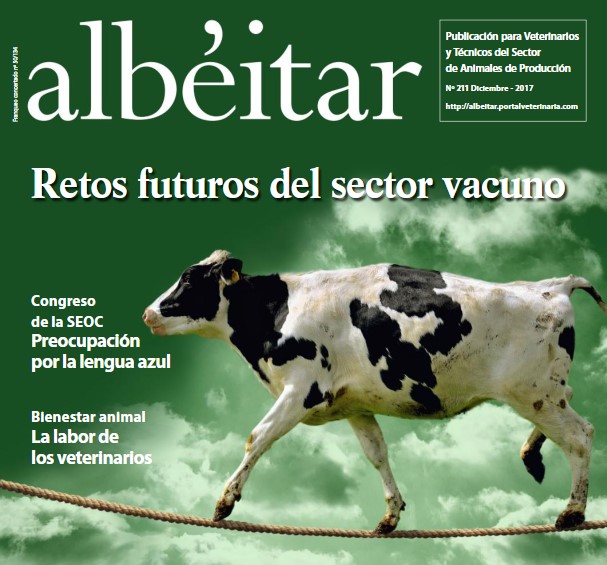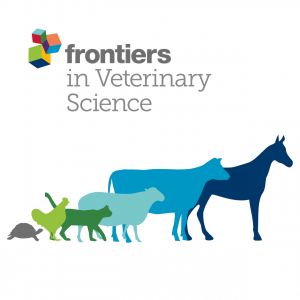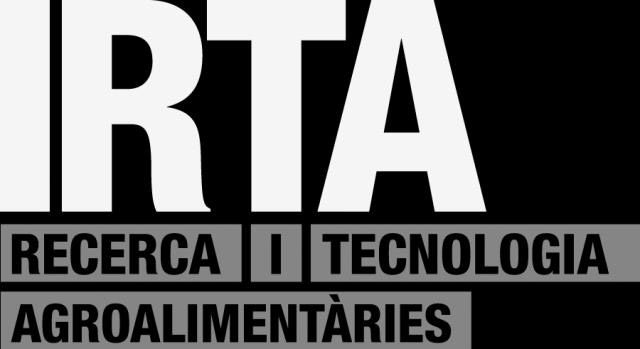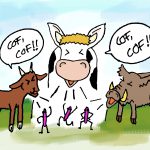Bovine tuberculosis: Challenges and controversies (II). Biological and non-biological context

A few weeks ago, we wrote a post on this blog where we remarked that one of the key points to address the control of bovine tuberculosis is the complexity of its epidemiology, as it involves a multi-host system. Therefore, the solutions will require control measures for all the reservoirs of the disease.
Recently, we have reviewed the general situation of bovine tuberculosis in a disclosure article, where we have reflected on the main difficulties in eradicating the disease and we have defined the main future challenges to consider for achieving a realistic eradication scenario.
This article has been published (in Spanish) in the journal Albéitar:
Una mirada al pasado, presente y futuro del control de la tuberculosis bovina. Pérez de Val B, Allepuz A. Albéitar No. 211, December 2017.
In this way, within the biological context of the disease, the main challenges for the comprehensive control of the animal tuberculosis that we have identified are the bio-security improvement of the farms, better diagnostic tools (for all the species involved in the disease) and finally the vaccination as an alternative tool for controlling the disease in wild and domestic reservoirs. In this respect, we summarized the results of some of our goat and sheep vaccination studies in another “Cresa & the City” post.
Last, but not least, another important point to consider is the non-biological context. After years of bovine tuberculosis eradication campaign, the tiredness of the stockbreeders and veterinarians poses a risk that may compromise the success of the disease eradication. In this sense, the doubts regarding the diagnostic tests, the effectiveness of the program or the benefits of not having the disease in the herd, creating a climate of mistrust of the official veterinary services. The IRTA-CReSA epidemiology group has thoroughly evaluated the different perceptions about this issue.
This work has been recently published with open access to the journal Frontiers in Veterinary Science:
Farmer and Veterinarian Attitudes towards the Bovine Tuberculosis Eradication Program in Spain: What is Going on in the Field?. Ciaravino G, Ibarra P, Casal E, Lopez S, Espluga J, Casal J, Napp S, Allepuz A. Front Vet Sci. 2017 Nov 27; 4: 202. doi: 10.3389 / fvets.2017.00202.
The study concludes that investing in communication campaigns and improving the flow of information between the different parties affected by the control measures should be a priority.













